How Technological Innovation is Revolutionizing The Industrial Robot Industry
Published: 2025-10-31
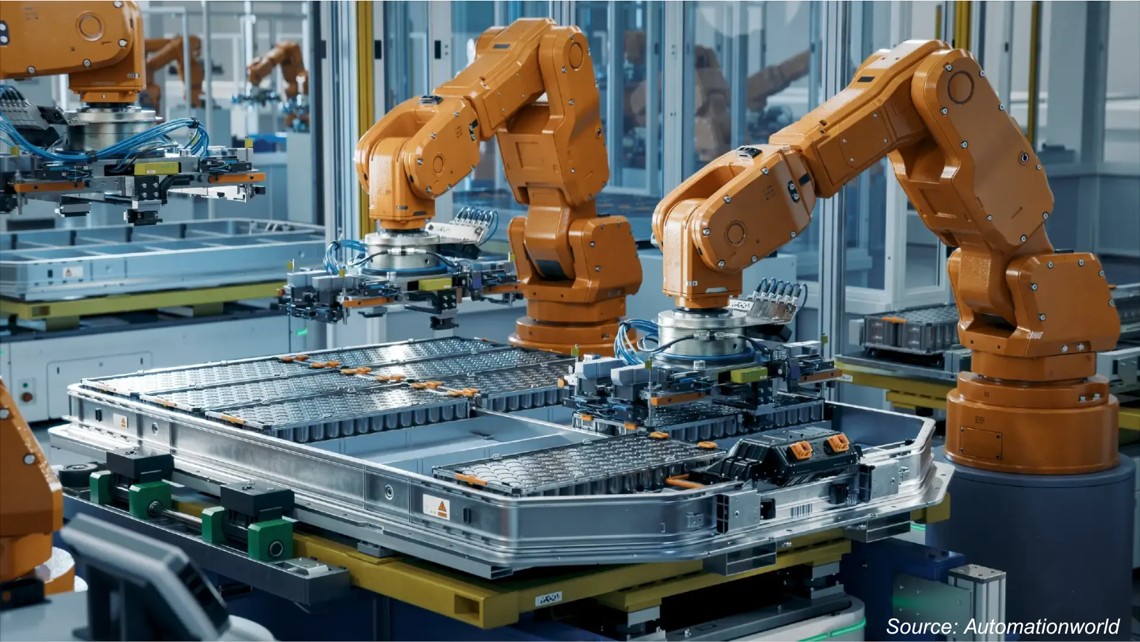
An industrial robot is a programmable machine designed to execute tasks with precision, speed, and reliability within industrial settings. Industrial robots are utilized across diverse industries, including automotive, electronics, aerospace, and pharmaceuticals, where they contribute to increased productivity, improved quality, and cost efficiency. These machines can operate autonomously or under human supervision, depending on the application, and are essential components of modern manufacturing and production processes.
The industrial robots industry is undergoing a profound transformation, driven by advancements in AI, sensors, connectivity, and automation software. These innovations are reshaping how businesses manufacture, optimize operations, and respond to market demands. With the global market projected to grow significantly over the next decade, companies are increasingly leveraging technology to enhance efficiency, precision, and sustainability.
According to Next Move Strategy Consulting, the global Industrial Robots Market size was valued at USD 41.22 billion in 2024 and is expected to reach USD 48.75 billion by 2025. Looking ahead, the industry is projected to expand significantly, reaching USD 88.66 billion by 2030, registering a CAGR of 12.7% from 2025 to 2030.
Curious about the Industrial Robots Market? Grab a FREE Sample Now!
In the industrial robots industry, advancements continue to shape the landscape, revolutionizing how businesses operate and manufacture. From fleet management to the integration of cutting-edge sensors and AI technologies, the potential for innovation seems boundless.
In this blog, we delve into five key areas driving the evolution of the industrial robots market, which are, fleet management, advanced sensors and 3D vision systems, AI and machine learning, energy efficiency and sustainability, and IoT integration. Each aspect represents a crucial facet of the ongoing transformation, offering insights into how modern robotics are reshaping industries worldwide.
Fleet management: Fleet management involves the centralized control and supervision of a group of robots operating within manufacturing or industrial environments. This encompasses various tasks such as coordinating robot deployment, scheduling operations, monitoring performance, conducting maintenance, and optimizing overall efficiency across the entire robot fleet. The goal of fleet management in delta robotics is to enhance productivity, efficiency, and reliability while minimizing downtime and operational costs.
Recently, Boston Dynamics introduced a new solution for robot fleet management called Orbit. This software utilizes artificial intelligence (AI) technology, in conjunction with enhancements to the Spot robot, to provide greater control over robot operations. Orbit offers improved visibility into an organization's facility and provides additional flexibility for data analysis. By leveraging AI and integrating advanced capabilities into the Spot robot, Orbit aims to streamline fleet management processes, optimize performance, and enhance operational effectiveness in industrial settings.
Advanced Sensors and 3D Vision Systems: Manufacturers in the robotics industry are at the forefront of integrating increasingly sophisticated sensors and vision systems into their robotic platforms. These advancements are fundamentally altering the capabilities of industrial robots, empowering them to perceive and interact with their environments with unparalleled precision and adaptability.
One notable innovation in this realm comes from Mech-Mind Robotics, specializing in AI-driven robotics and advanced 3D vision systems. The company focuses on enhancing manufacturing efficiency through intelligent robotic solutions.
In the industrial robots market share, Mech-Mind's developments, such as the Mech-Eye LNX-8030-GL 3D laser profiler, are pivotal. This sensor enables robots to perform complex tasks like bin picking and assembly with high precision, addressing challenges in labor-intensive processes and contributing to the evolution of smart manufacturing.
The LNX-8030-GL excels in high-precision tasks, capturing detailed 3D data of minute features and defects at remarkable speeds. This makes it indispensable for industries requiring meticulous measurement and inspection, including electronics and automotive manufacturing.
By integrating such advanced sensors, robots can automate processes that were previously difficult or manual-intensive, boosting productivity and operational efficiency. These innovations not only strengthen manufacturers’ capabilities but also expand robotics adoption across new applications, driving substantial growth in the global market.
AI and Machine Learning: Artificial Intelligence (AI) and machine learning are playing increasingly vital roles, particularly in predictive maintenance, quality control, and autonomous decision-making tasks. AI algorithms empower robots to learn from data and continually enhance their performance. Teradyne Robotics, the parent company of Universal Robots (UR) and Mobile Industrial Robots (MiR), is collaborating with Nvidia to integrate AI capabilities into industrial robots.
At a recent event, Teradyne announced the launch of a groundbreaking AI-powered solution for pallet handling: the MiR1200 Pallet Jack. This innovative Pallet Jack utilizes AI-enabled pallet detection, leveraging the processing power of the Nvidia Jetson AGX Orin module. By harnessing advanced 3D vision technology, it can accurately identify, pick up, and deliver pallets with unparalleled precision, even in dynamic and complex environments. This integration of AI into industrial robotics represents a significant leap forward, promising improved efficiency and adaptability in warehouse and manufacturing operations.
Energy Efficiency and Sustainability: There is a growing emphasis on developing energy-efficient and sustainable robotic solutions. Manufacturers are designing robots with improved energy management systems and using eco-friendly materials to reduce environmental impact. ABB Robotics is expanding its large robot range with four new models and 22 variants offering more choice increased coverage and greater performance.
The next generation models include the IRB 6710, IRB 6720, and others, suitable for payloads ranging from 150kg to 310kg, with a reach from 2.5m to 3.2m, offering customers greater choice and significant performance and energy efficiency improvements. The improved energy efficiency is driven by ABB’s OmniCoreTM controller, and lighter robot design leading to energy savings of up to 20 percent.
OmniCore also offers high motion control accuracy. Featuring ABB’s TrueMove and QuickMove motion control technology, the robots can achieve class-leading repeatability with a minimum of 0.03mm deviation. These capabilities make the new series of robots ideal for complex tasks such as spot welding, laser welding, screwdriving and riveting, allowing automotive manufacturers to achieve high quality assembly.
Internet of Things (IoT) Integration: The integration of industrial robots with the Internet of Things (IoT) is catalysing a transformative shift towards enhanced connectivity and data-driven insights in manufacturing. Connected robots enable seamless remote monitoring, control, and real-time analysis of production processes, unlocking unprecedented levels of operational visibility and efficiency.
By harnessing IoT technologies, manufacturers can access actionable insights into robot performance, productivity trends, and maintenance requirements, fostering a culture of continuous improvement and optimization. NEXCOM stands at the forefront of this revolution, providing a comprehensive suite of IoT devices tailored for automation systems. From industrial robot controllers to AI-powered computers designed explicitly for robots, NEXCOM empowers manufacturers to leverage the full potential of IoT integration for heightened competitiveness and innovation in Industry 4.0.
Conclusion: Pioneering the Future of Industrial Robotics
As manufacturing demands evolve, industrial robotics is emerging as a cornerstone of modern industry, combining precision, efficiency, and sustainability. Innovations in fleet management, AI, advanced sensors, and IoT integration are enabling factories to operate smarter, safer, and more connected than ever before. These technologies not only improve productivity but also provide actionable insights for predictive maintenance, energy optimization, and adaptive operations.
With the industrial robots market trends projected to grow significantly over the coming years, companies that embrace these advancements will gain a competitive edge, streamline operations, and unlock new possibilities for automation. The future of manufacturing is digital, connected, and robotic, and this transformation is only accelerating.
About the Author
 Mayurima Roy is a seasoned researcher with over two years of experience, specializing in various industry verticals such as elevator market, recycling market, and construction electronics. With a strong passion for writing, she views blogging as a valuable platform to share her industry insights and expertise. Outside of tracking market trends and developments, Mayurima enjoys crafting, cooking, and exploring her creativity through photography.
Mayurima Roy is a seasoned researcher with over two years of experience, specializing in various industry verticals such as elevator market, recycling market, and construction electronics. With a strong passion for writing, she views blogging as a valuable platform to share her industry insights and expertise. Outside of tracking market trends and developments, Mayurima enjoys crafting, cooking, and exploring her creativity through photography.
About the Reviewer
 Sikha Haritwal is a researcher with more than 3 years of experience. She has been keeping a close eye on several industry verticals, including Banking, Financial Services, and Insurance (BFSI), personal care products, and consumer electronics. She has avid interest in writing news articles and hopes to use blog as a platform to share her knowledge with others. When she is not following industry updates and trends, she spends her time reading, writing poetry, cooking, and photography.
Sikha Haritwal is a researcher with more than 3 years of experience. She has been keeping a close eye on several industry verticals, including Banking, Financial Services, and Insurance (BFSI), personal care products, and consumer electronics. She has avid interest in writing news articles and hopes to use blog as a platform to share her knowledge with others. When she is not following industry updates and trends, she spends her time reading, writing poetry, cooking, and photography.
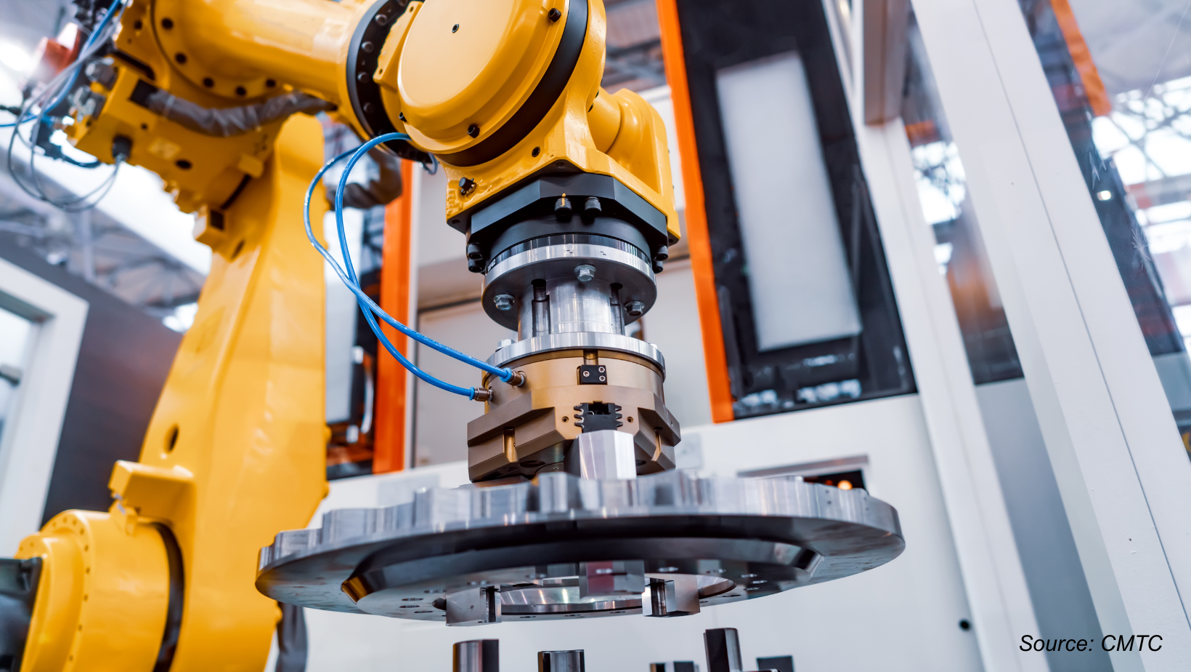
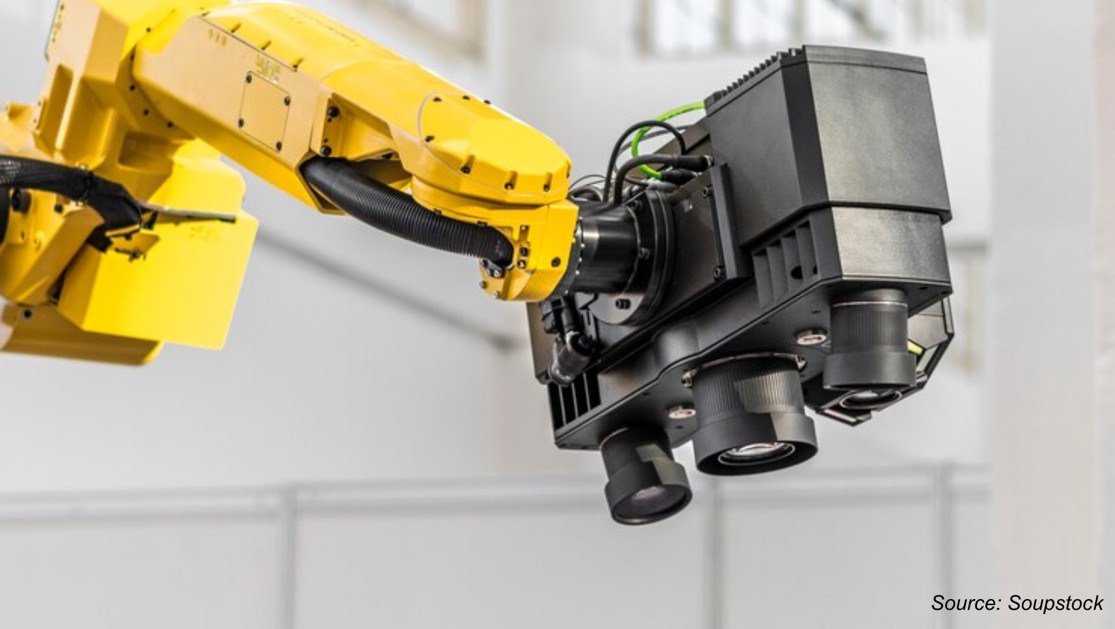








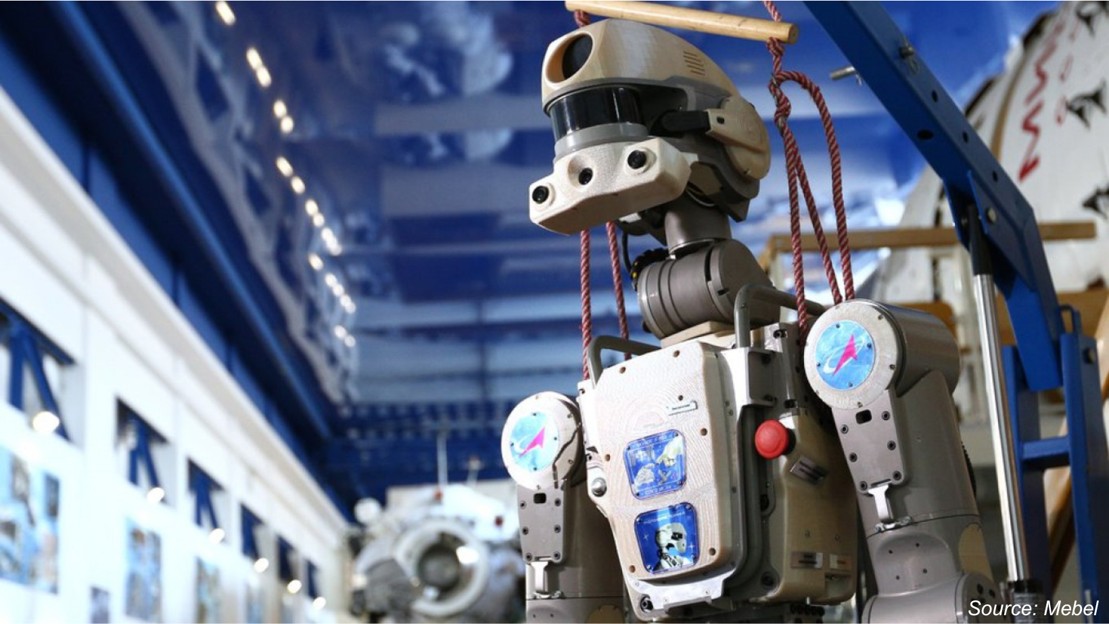

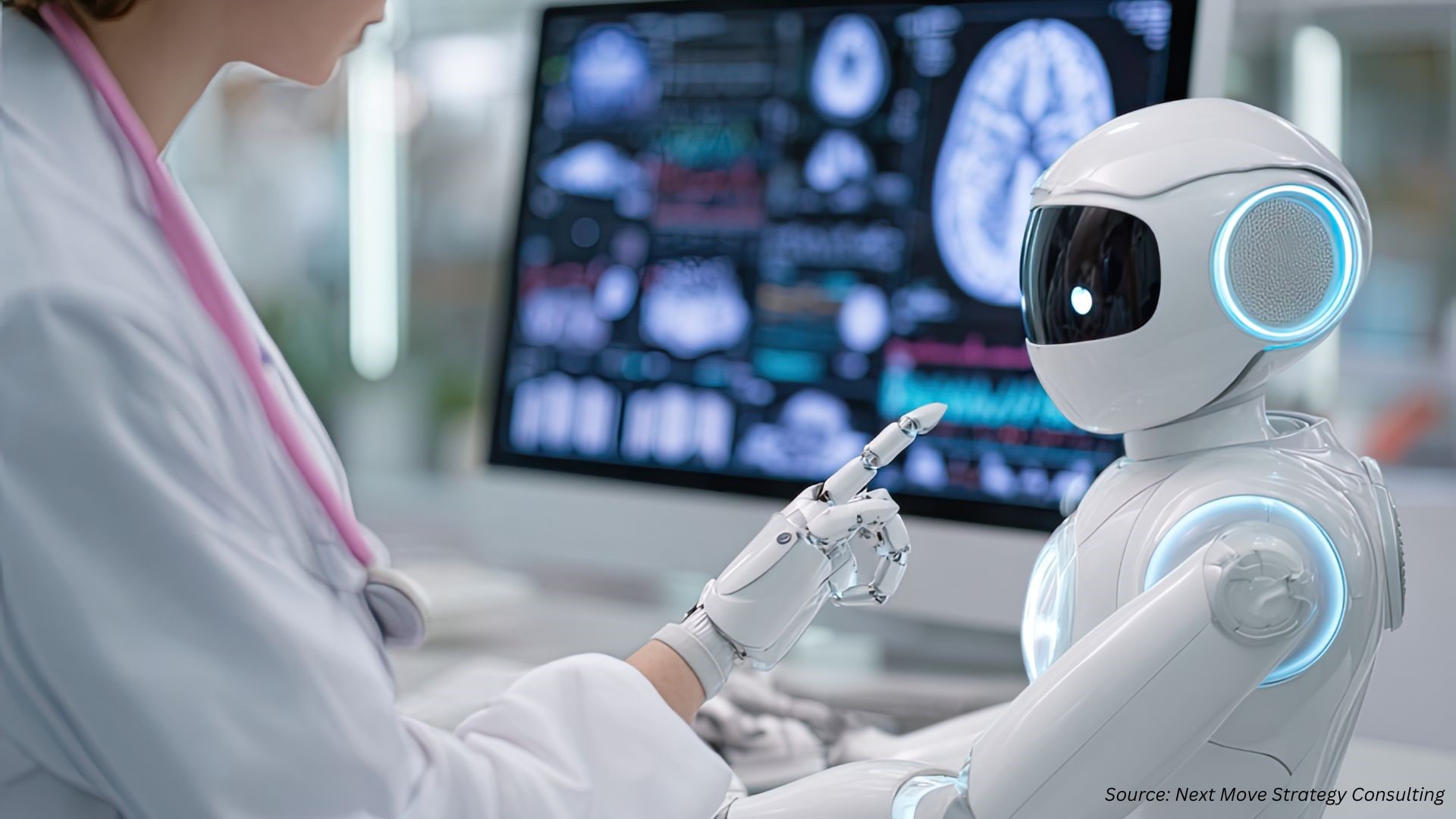
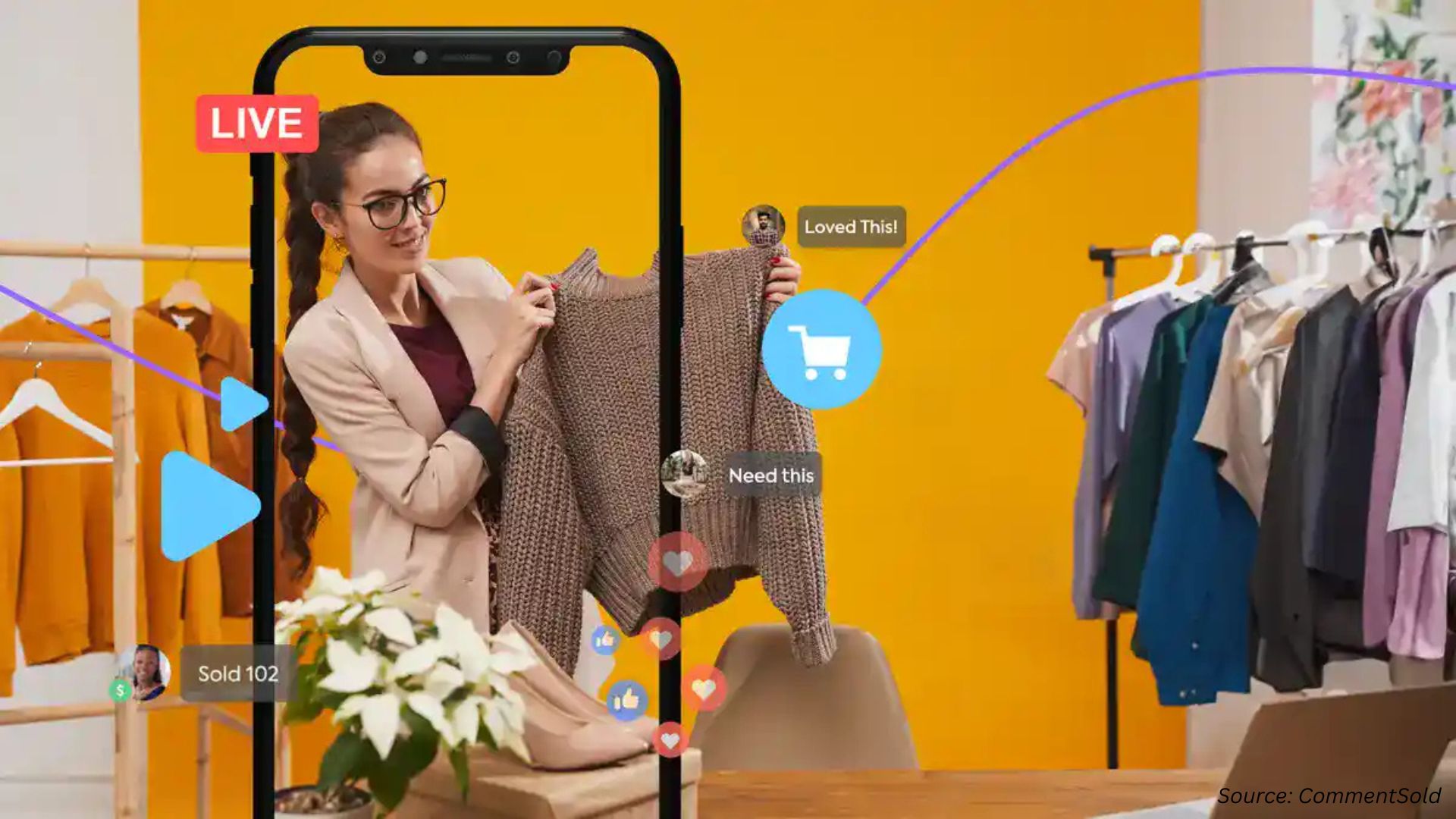




Add Comment